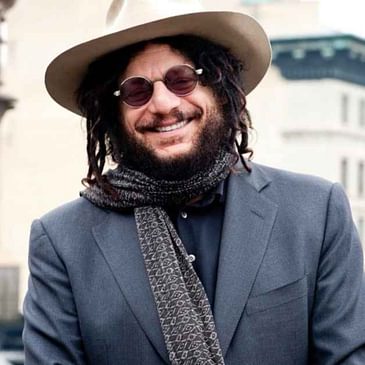Few individuals have left as an indelible a mark on late-20th century American popular culture as Don Was. As a producer, he work includes some of music’s biggest names, including Bob Dylan, The Rolling Stones and Iggy Pop. In the 80s, he found success on the other side of the microphone as one-half of the Was (Not Was). In 2012, he became the president of legendary jazz label Blue Note Records and six years later began performing regularly alongside Bob Weir in The Wolf Brothers. His latest project, Don Was and The Pan-Detroit Ensemble, finds the musician reconnecting was jazz performance by way of the city of his birth.
Hosted on Acast. See acast.com/privacy for more information.

